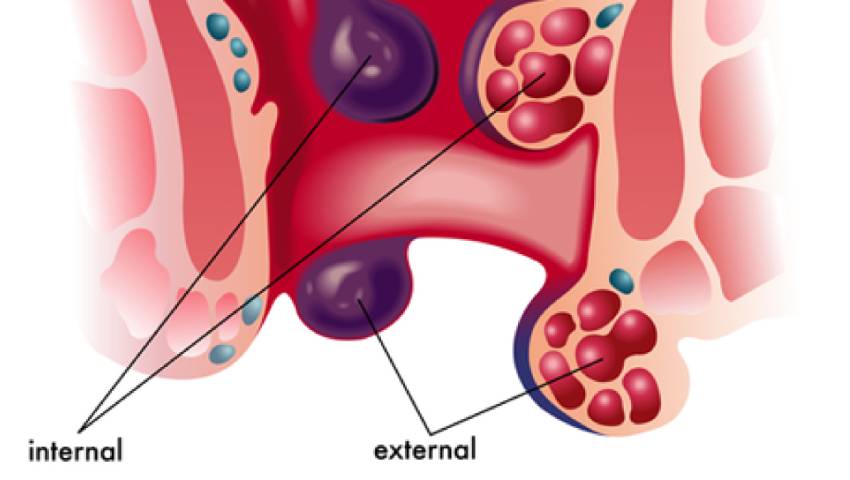 Piles
Piles
Understanding Piles (Hemorrhoids):
Piles, also known as hemorrhoids, are swollen and inflamed veins in the rectum or anus that can cause discomfort, pain, itching, and bleeding. They can be internal (inside the rectum) or external (under the skin around the anus) and are often associated with factors such as constipation, pregnancy, obesity, and prolonged sitting.
Non-Surgical Treatments for Piles: Before considering surgery, Dr. Manu Shankar emphasizes the importance of exploring non-surgical treatments for piles, including:
- Lifestyle Modifications: Dietary changes, increased fiber intake, adequate hydration, and regular exercise can help alleviate symptoms and prevent the worsening of piles.
- Medications: Over-the-counter creams and prescribed medications may provide relief from pain, itching, and inflammation associated with piles.
- Minimally Invasive Procedures: Procedures like rubber band ligation, sclerotherapy, and infrared coagulation (IRC) are minimally invasive options that can effectively treat smaller piles.
Surgical Options for Piles: When conservative measures and minimally invasive treatments are insufficient, surgical intervention may be necessary. Even Grade 2, 3 and Grade 4 piles would need some form of surgical intervention. Dr. Manu Shankar offers a range of advanced surgical options for piles, including:
- Hemorrhoidectomy: A traditional surgical procedure to remove larger or protruding hemorrhoids, providing long-term relief from symptoms.
- Stapled Hemorrhoidopexy (PPH): A minimally invasive procedure that uses a circular stapler to remove excess tissue and restore normal anatomy, often resulting in faster recovery and less pain.
- Laser Hemorrhoidoplasty: A modern and less invasive technique that utilizes laser energy to shrink and seal off hemorrhoidal tissue, offering precise treatment with minimal discomfort and downtime.
Preparing for Piles Surgery: Before undergoing piles surgery, patients will receive thorough guidance and instructions from Dr. Manu Shankar, including:
- Pre-operative evaluations and tests to assess overall health and suitability for surgery.
- Clear instructions on fasting, medication management, and lifestyle adjustments before the procedure.
- Counseling on what to expect during and after surgery, including potential risks and complications (which are rare but possible).
Post-Surgery Recovery and Follow-Up Care: After piles surgery, patients can expect a period of recovery during which Dr. Manu Shankar provides comprehensive post-operative care, including:
- Pain management strategies to minimize discomfort and promote healing.
- Dietary recommendations and activity guidelines to support a smooth recovery process.
- Follow-up appointments to monitor progress, address any concerns, and ensure optimal healing and long-term success.
Conclusion: Choosing the right surgeon for piles surgery is crucial for achieving excellent outcomes and a positive patient experience. With Dr. Manu Shankar’s expertise, personalized care, and commitment to patient well-being, individuals can trust in a successful surgical journey and improved quality of life. If you’re considering piles surgery or seeking expert guidance on gastrointestinal health, schedule a consultation with Dr. Manu Shankar today for compassionate care and effective treatment solutions.
 Piles
Piles